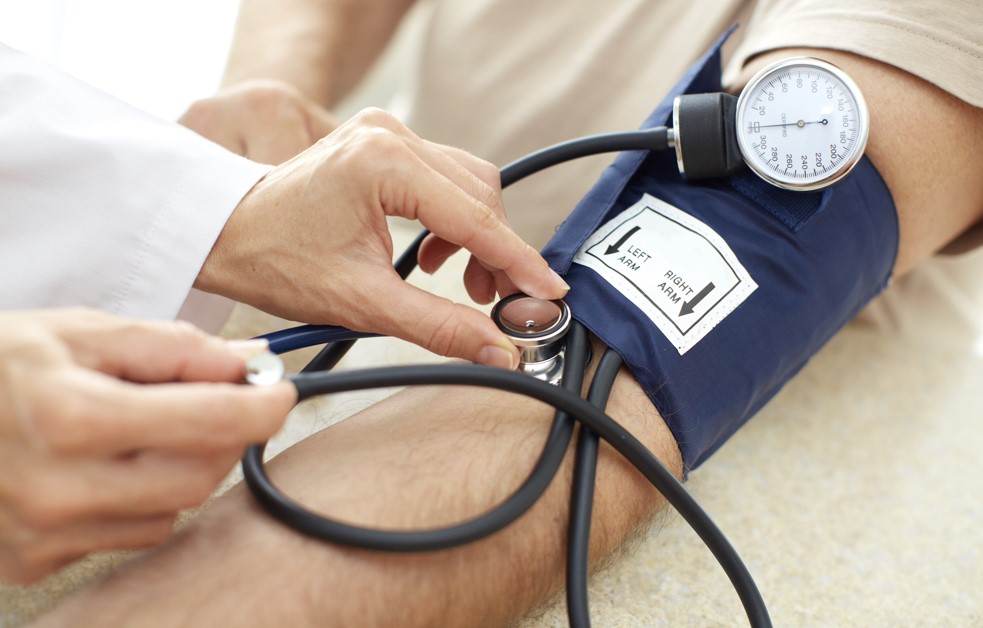
High blood pressure, or hypertension, is a common and dangerous condition in which the pressure in your blood vessels is higher than it should be. High blood pressure is the leading cause of heart disease and stroke, and is a common complication of other chronic diseases like diabetes. About 1 out of 3 U.S. adults have high blood pressure, and only about half have it under control. The good news is that you can take steps to control your blood pressure and lower your risk for heart disease and stroke.
215 10th St.
Lewiston, ID 83501
208-799-3100
High blood pressure is known as the “silent killer” because it has no warning signs or symptoms, and many  people do not know they have it. The only way to know if you have it is to measure your blood pressure regularly, which can be done at a doctor’s office, at a pharmacy, or at home. Learn more about how to self-monitor your blood pressure.
people do not know they have it. The only way to know if you have it is to measure your blood pressure regularly, which can be done at a doctor’s office, at a pharmacy, or at home. Learn more about how to self-monitor your blood pressure.
Blood pressure is measured using two numbers:
The chart below shows normal, at-risk, and high blood pressure levels.
| BLOOD PRESSURE CATEGORY | SYSTOLIC mm Hg (upper number) | and/or | DIASTOLIC mm Hg (lower number) |
|---|---|---|---|
| NORMAL | LESS THAN 120 | and | LESS THAN 80 |
| ELEVATED | 120 – 129 | and | LESS THAN 80 |
| HIGH BLOOD PRESSURE (HYPERTENSION) STAGE 1 | 130 – 139 | or | 80 – 89 |
| HIGH BLOOD PRESSURE (HYPERTENSION) STAGE 2 | 140 OR HIGHER | or | 90 OR HIGHER |
| HYPERTENSIVE CRISIS (consult your doctor immediately) | HIGHER THAN 180 | and/or | HIGHER THAN 120 |
Along with monitoring your blood pressure, adopting a healthy lifestyle is important in preventing and managing hypertension. Below are some of the lifestyle changes you can make to be healthier: